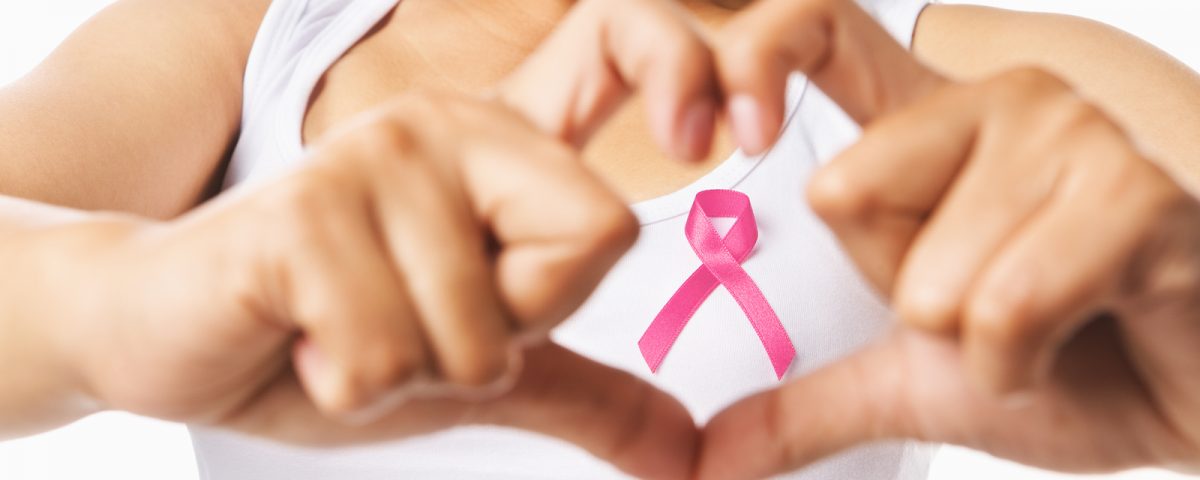October is Breast Cancer Awareness Month

Who doesn’t know someone, perhaps a family member, a friend or a neighbor who’s been diagnosed with breast cancer? The disease can shatter lives …and unfortunately, it is all too common.
That’s why National Breast Cancer Awareness Month was created…as a health campaign to raise awareness about the disease and early detection. Fewer things are more traumatic in life than being told by your doctor “you have cancer”. So, get educated about early detection and prevention!
Please read through this refresher to learn what you can do to prevent and/or detect the disease in its early (and most treatable) stages.
According to the National Breast Cancer Foundation:
- One in eight women will be diagnosed with breast cancer in their lifetime.
- Breast cancer is the most commonly diagnosed cancer in women.
- Breast cancer is the second leading cause of death among women.
- Each year it is estimated that over 220,000 women in the United States will be diagnosed with breast cancer and more than 40,000 will die.
However, when breast cancer is detected early, the five year survival rate is 100%! That is why, having an early detection plan in place is so critical.
The American Cancer Society suggests the following guidelines:
- Yearly mammograms starting at age 40
- Clinical breast exam (CBE) about every 3 years for women in their 20s and 30s and every year for women 40 and over
- Women should know how their breasts normally look and feel and report any breast changes to a health care provider right away. Breast self-exam (BSE) is an option for women starting in their 20s.
Some women with a family history or genetic tendency, should be screened with MRIs along with mammograms. Discuss your history with your doctor to determine if this is appropriate for you.
In addition to the early detection recommendations above, these are some other actions we can take to possibly reduce our risk further:
- Get regular physical activity.
- Keep your weight within healthy guidelines
- Limit your alcohol intake.
Also, women who breastfeed for at least several months may reduce their breast cancer risk. Not using hormone therapy after menopause can help you avoid raising your risk as well. For further information, see the American Cancer Society Guidelines on Nutrition and Physical Activity for Cancer Prevention.
So please make time for your health by taking the simple steps above, as well as taking steps to improve your lifestyle.
“It is health that is real wealth and not pieces of gold and silver”
Mahatma Gandhi
